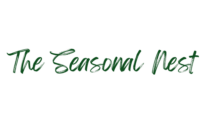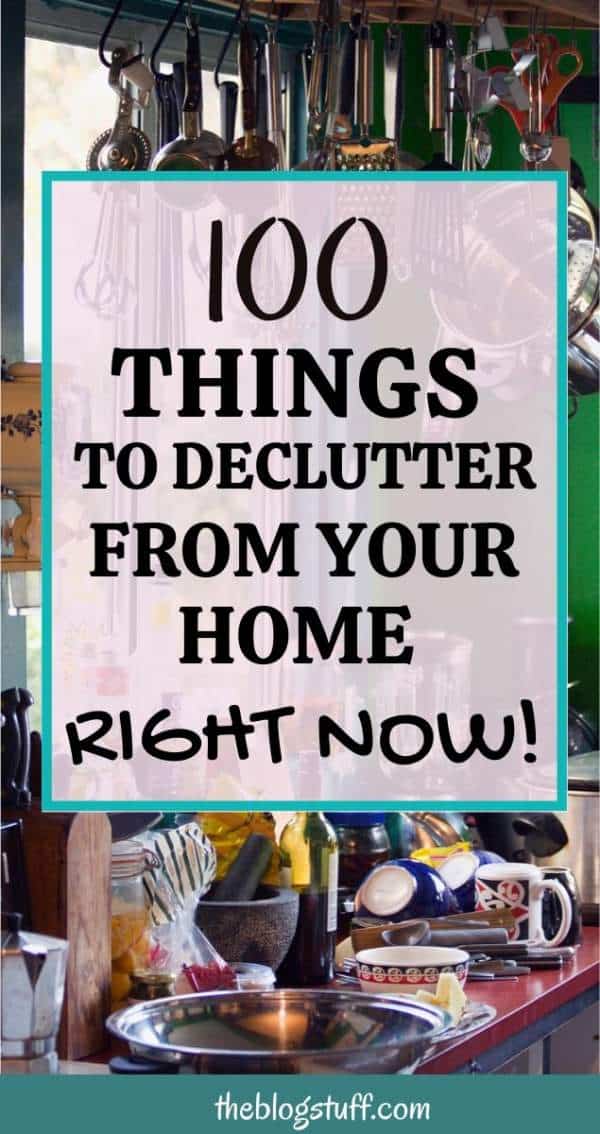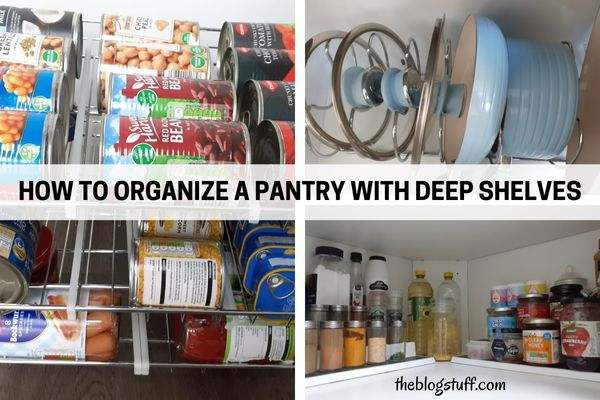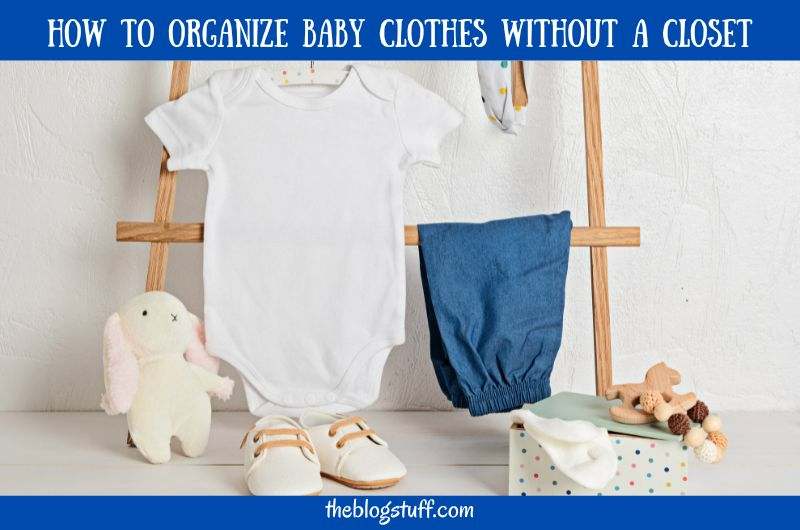This list of 100 things to declutter from your home will help you clear the clutter and make your space more relaxed and inviting.
The reason our homes look cluttered is that we buy things we don’t need, and we keep things just because “we might need them one day”.
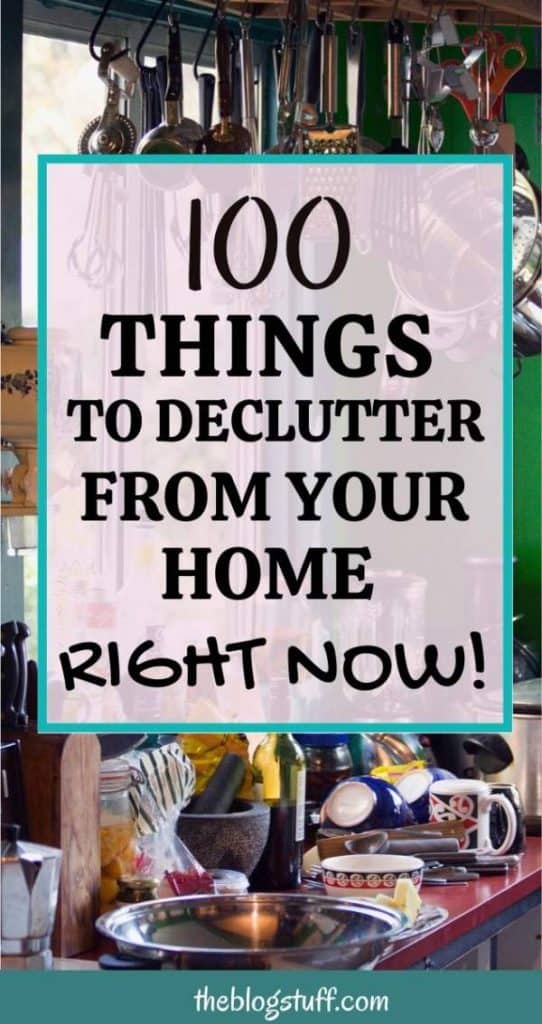
Where to start?
Choose the easiest (i.e. least cluttered) room.
For me, this is the master bedroom.
Then move to the next easiest room, then the next.
Your progress will inspire you to keep going.
How to Sort Your Stuff
Go one item at a time and make 5 piles (this is easier than it sounds)
- Belongs in a different room
- Keep in this room
- Give to charity
- Recycle
- Throw out
Sell or Give Away Items
Check out eBay or other online platforms.
Find organizations in your area that take donations.
Some of them will pick items up from your home (especially If you have big items like furniture).
What about gifts?
Just because it was a gift doesn’t mean you need to keep it forever.
For anything that you don’t use or doesn’t have sentimental value, use the one-year rule. If you haven’t used it in the past year, maybe is time to let it go.
If close family or friends were the gift-givers, you may need to revisit this, but it is still your decision.
RELATED READING: how to clean and organize your house
Things To Get Rid Of In Your Home
Clutter is anything that doesn’t belong in a space whether it belongs elsewhere in your home or it doesn’t belong in your home any longer.
WiseOldSayings
Bedroom
- Books you don’t love
- Jewelry that you no longer wear or is broken
- Clothes that are broken, don’t fit or you simply don’t like
- Old pajamas
- Worn-out slippers
- The footwear you don’t use or want
- Uncomfortable, old, or broken underwear
- Unpaired socks and gloves
- Ripped stockings
- Old fashioned shawls and scarfs
- Cracked belts
- Broken or old handbags and purses
- Hats you don’t wear
- Old or stained bed linen
- Old or stained duvets
- Dirty old pillows and throw cushions
- Old-fashioned decor items
- Broken or thick hangers (take too much space in the closet)
- If you want tips to organize your closet read 10 closet organization hacks to make the most out of your space.
Kids’ bedroom
- Toys – anything that is broken, outgrown, or simply no longer used unless it has sentimental value.
- Clothes that no longer fit or are stained
- Decor items that are no longer age-appropriate
- Anything that is soiled or damaged by crayons or ink (it happens)
- Furniture that is no longer age-appropriate
Kitchen
- All expired food and drinks (don’t forget to check your spices)
- Old plastic containers and the ones without lid
- Expired vitamins, supplements, and diet products
- Recipe books you don’t use or plan to use
- Worn pots and pans
- Forgotten mugs, cups, and glasses
- Old baking ware
- Broken jars and canisters
- Appliances that you don’t use or have the intention to use
- Chipped plates, cups, or bowls (they can be safety hazards)
- Mismatched silverware
- Decor items that you don’t like
- Extra items on countertops that regularly get in your way
- Anything in a “junk drawer” that you don’t use
- Old sponges and cleaning cloths
- Ripped or old tea towels
- Cleaning supplies that you don’t use or are expired
- Anything stained, unused, or hidden in the cabinet under the sink.
- Old shopping bags
- Scissors and knives that don’t cut (Sharpen them or throw them)
- Receipts and tickets you don’t need
- Old mail
- Junk mail
- Old keys
Tip – Check current house keys and emergency keys that you have for other homes. Check to see if extra keys fit luggage or file cabinets. If you don’t know what they open, put them in a box for a year. If you still haven’t used them by then, toss them out.
Bathroom
- Old cosmetics and makeup
- Expired skin-care items
- Worn-out make-up bags
- Old hair care products
- Perfumes you don’t use
- Old nail polish bottles
- Out-of-date prescription and over-the-counter medication
- Old loofah sponges and exfoliating gloves
- Any bath or shower item that isn’t being used
- Ragged or faded towels
- Old bath mats (they are safety hazards because they slip)
- Any broken appliances
- Chipped or scratched mirrors
- Old toothbrushes
- Old razors
- Broken or old hair accessories
- Old or broken hair combs and hairbrushes
- Old sponges
- Cleaning supplies you don’t use
- Stained, unused, or hidden items we keep under the sink cabinet.
- Any appliances that you no longer use (e.g. electric hair rollers, curling irons, flat irons, electric razors, hair trimmers).
Dining Room | Living Room
- Decor items that you no longer like
- Special dishes that you don’t use. Have you actually used that gravy boat?
- Placemats that are stained or worn
- Tablecloths that are stained or worn
- Old candles — burn them or toss them
- Stained coasters
- Anything that doesn’t actually relate to dining with friends or family or how you use your dining room
- Any stained or broken furniture unless it can (and will) be cleaned, repaired, or neatly covered
- Broken blinds
- Old, worn-out curtains
- Old, worn-out cushions and throw blankets
- Artwork or figurines that you don’t love
- Any books that you don’t actually read
- Electronic devices you no longer use
- Electronic accessories and cords you no longer use. We have all had them, and they just confuse us and take up space.
- Old CDs or VHS tapes that you no longer use
Other Things You Might Want to Declutter
- Exercise equipment you never use
- Old chargers
- Broken tools
- Broken umbrellas
- Old batteries
- Plastic shopping bags (we have too many of those)
- Greeting cards
- Old newspapers, magazines, and catalogs
- Old manuals and products guarantees
- Empty bottles and boxes
- Stationery items you don’t need or use
- Family games or computer games you don’t play
- Plugin air fresheners
- Take away menus
- Old party decorations
- Old pet toys
Decluttering Paper
I recommend decluttering paper last.
For many of us, it can be the most overwhelming category to declutter.
By doing this last, you will already have a lovely, decluttered home in which to approach this task.
Start by recycling anything you can.
Designate a specific spot for incoming mail and keep all other paperwork in one room.
Keep all important records where you can find them.
Only keep tax records as long as your tax professional recommends.
Start keeping electronic files.
They take up less space and are easy to delete when they are out of date.
